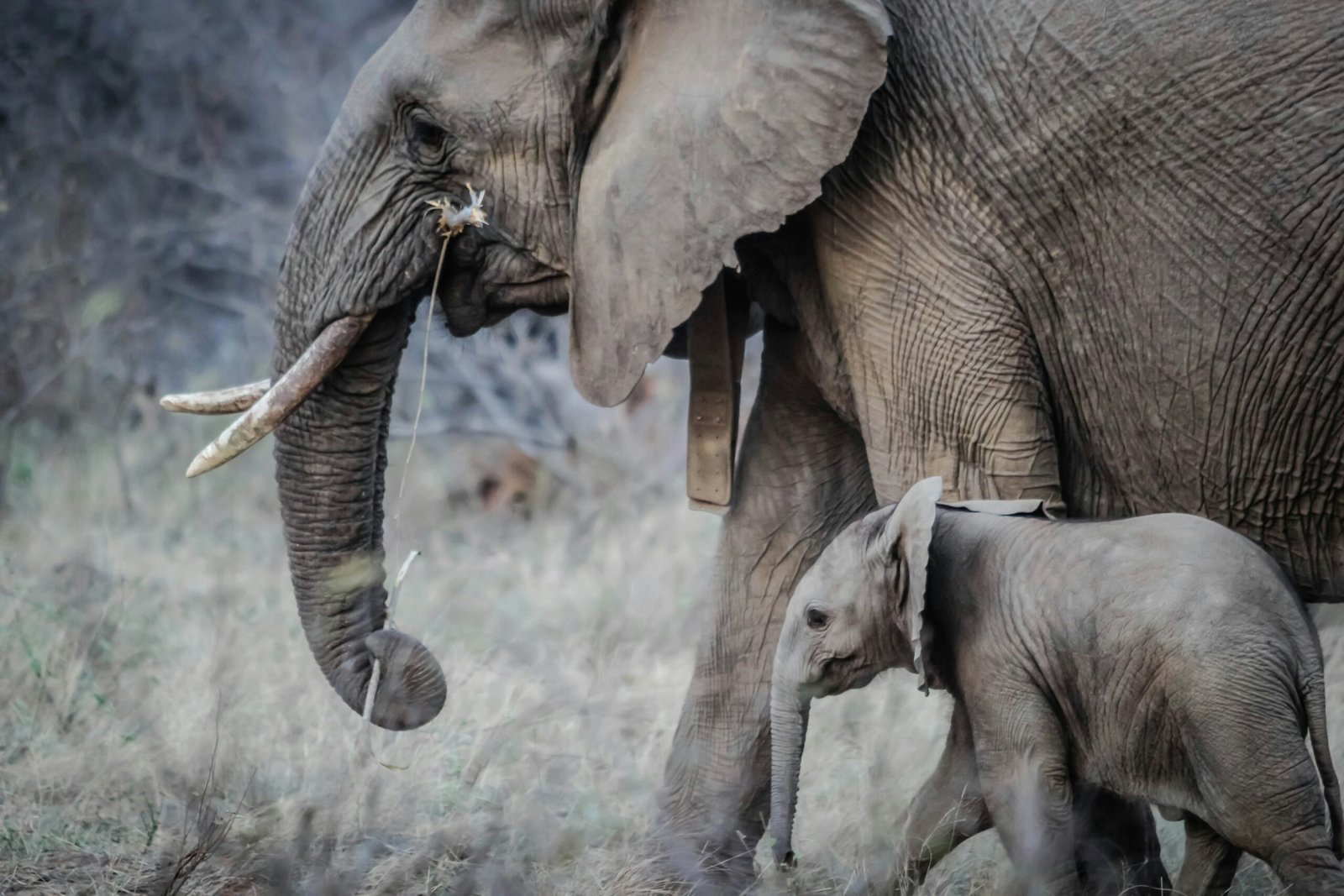Namibia’s Controversial Plan to Address Drought
Namibia, a country known for its rich wildlife and natural beauty, is facing a severe drought that has led the government to consider a controversial measure: killing elephants for meat. This plan has sparked international debate, raising concerns about the ethical implications and the long-term impact on the elephant population.
The Severity of the Drought
Namibia has been grappling with one of the worst droughts in its history. The prolonged lack of rainfall has severely affected agriculture, water supplies, and the natural habitats of many species. The drought has put immense pressure on both the human and animal populations, leading to food shortages and increasing conflicts over limited resources. The government’s decision to cull elephants is being presented as a necessary step to address the growing food insecurity and to manage the overpopulation of elephants in certain regions.
The Elephant Culling Proposal
The Namibian government has proposed the culling of a certain number of elephants as a means to provide meat for communities severely impacted by the drought. Officials argue that this approach will not only alleviate food shortages but also help in controlling the elephant population, which they claim has become unsustainable in some areas. The government has emphasized that the culling will be carried out in a controlled and humane manner, ensuring that the meat is distributed to those in need.
International Backlash and Ethical Concerns
The proposal has been met with significant backlash from conservationists, animal rights activists, and international organizations. Critics argue that culling elephants is not a sustainable or ethical solution to the challenges posed by the drought. They point out that elephants are a keystone species, playing a crucial role in maintaining the ecological balance of their habitats. The loss of even a small number of elephants could have far-reaching consequences for the environment and the tourism industry, which is a vital part of Namibia’s economy.
The Economic and Ecological Implications
While the government views the culling as a practical solution to immediate food shortages, the economic and ecological implications of such a decision are complex. Elephants are a major draw for tourists visiting Namibia, and any decline in their population could lead to a decrease in tourism revenue. Additionally, the culling of elephants may disrupt the delicate balance of the ecosystems they inhabit, potentially leading to further environmental degradation.
Alternatives to Culling
Many experts and activists are calling for alternative solutions to address the drought and its impact on both human and animal populations. These alternatives include more sustainable wildlife management practices, investment in water infrastructure, and the promotion of drought-resistant crops. Some suggest that international aid and support could help Namibia develop long-term strategies to cope with the effects of climate change without resorting to the culling of elephants.
Conclusion: A Controversial Path Forward
Namibia’s plan to cull elephants for meat in response to the ongoing drought has ignited a global debate. While the government argues that this measure is necessary to address immediate food shortages and manage wildlife populations, the ethical, ecological, and economic concerns raised by critics suggest that this is a highly contentious issue. The decision will likely continue to draw attention as Namibia navigates the challenges of balancing human needs with the preservation of its natural heritage.



































